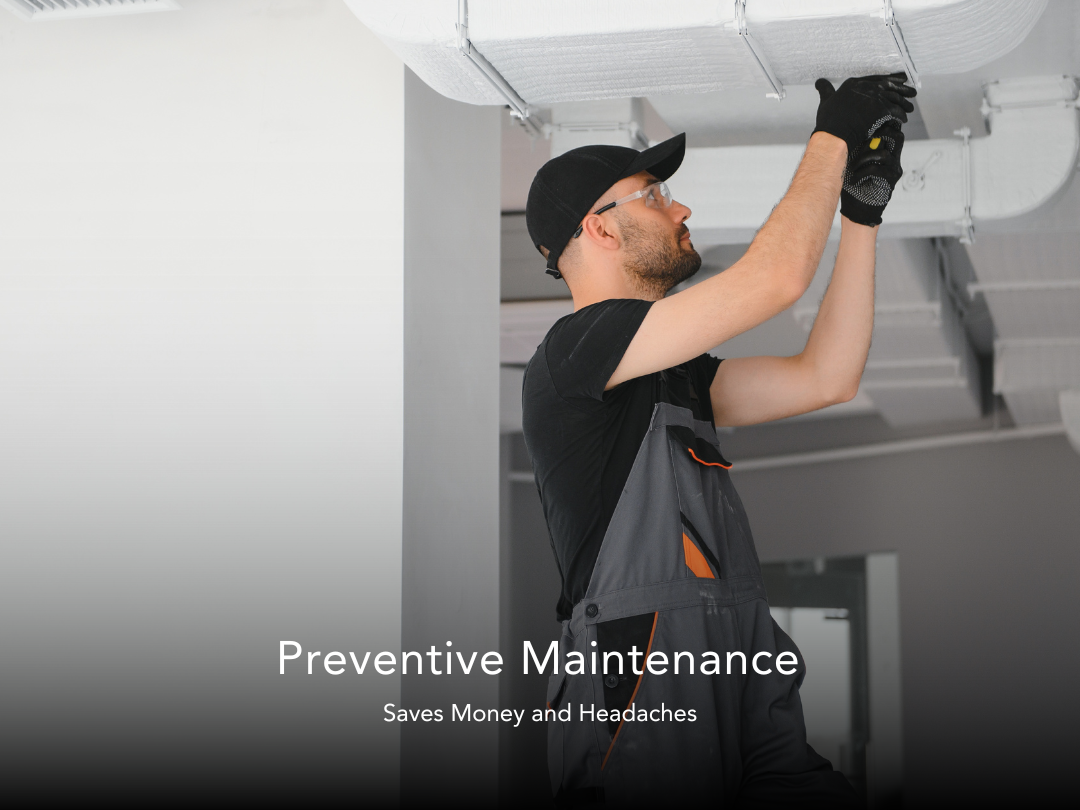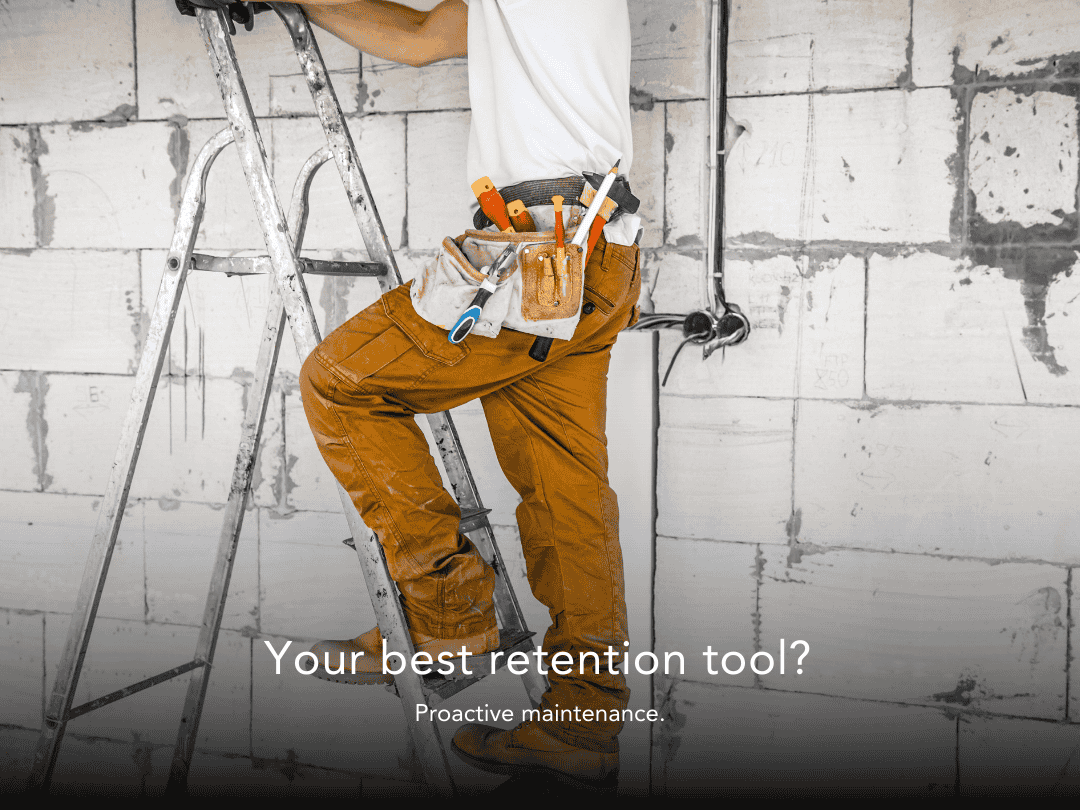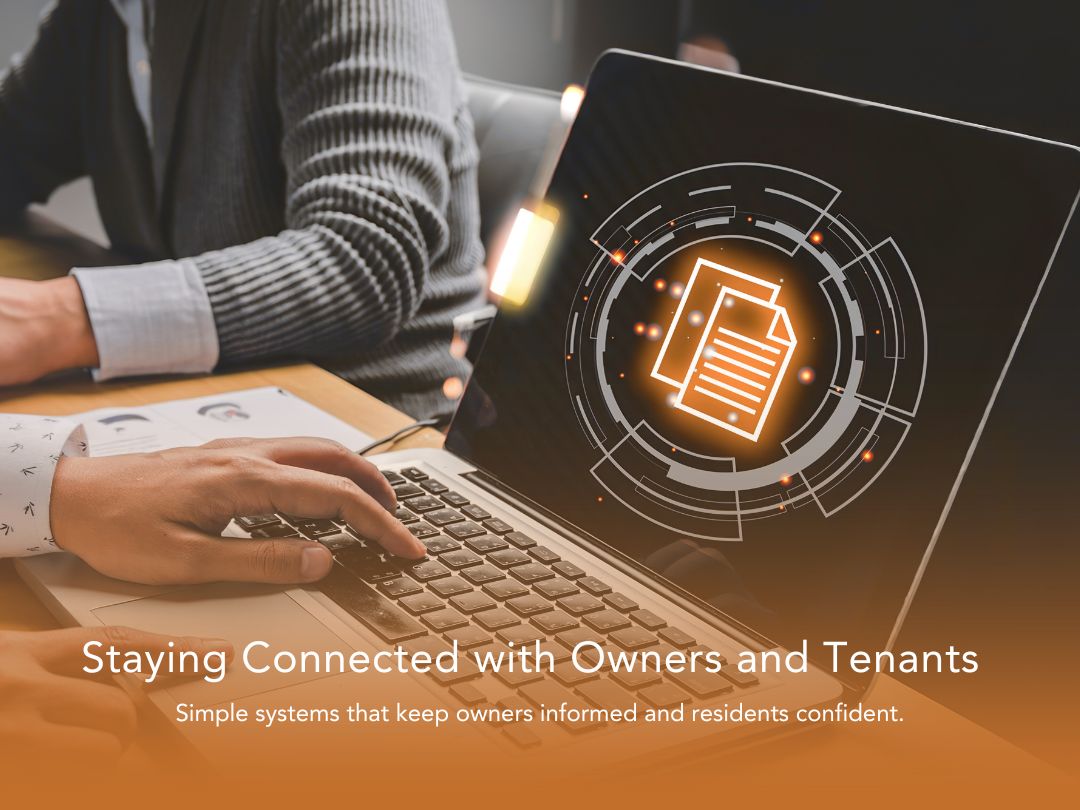Changing the air filter in a furnace is an important task that should be done regularly to maintain the efficiency of your HVAC system and the quality of the indoor air. Here are the steps to follow:
Locate the air filter: The air filter is typically located in the furnace cabinet or in the return air duct. Check your owner's manual or the manufacturer's website if you're not sure where it is.
Determine the correct size: Before you remove the old filter, make sure you know the correct size of the new filter to be replaced. This information can usually be found on the old filter or in the owner's manual.
Turn off the furnace: For safety reasons, turn off the furnace before you begin replacing the air filter. This will prevent the fan from turning on and potentially causing injury.
Remove the old filter: Once the furnace is turned off, locate the air filter and remove the old filter from its slot. If it's a disposable filter, simply discard it. If it's a reusable filter, clean it with a vacuum cleaner or rinse it with water, according to the manufacturer's instructions.
Insert the new filter: Carefully insert the new filter into the filter slot, making sure that it fits securely and is oriented in the correct direction. Be sure to follow the manufacturer's instructions for the specific type of filter you're using.
Turn on the furnace: Once the new filter is installed, turn the furnace back on and make sure it's operating correctly. Check the filter every 1-3 months and replace it as needed to maintain the efficiency of your furnace.
That's it! You've successfully changed the air filter in your furnace. Remember to change your air filter every 1-3 months, depending on the type of filter and how often you use your HVAC system.
Technology is part of every aspect that touches our everyday lives. There’s no escaping it; we all have mobile phones and computers and a wide range of electronic devices that are pretty intuitive to what we need and want.
Stop surprise repairs with a simple, seasonal plan. Set clear response times, log fixes, and keep small issues from growing and repair budget steady.
When managing rental properties, efficient property maintenance is key to providing a positive experience for landlords and tenants. Timely and effective repairs not only keep the property in top condition and contribute to tenant satisfaction and retention.
Winter brings a predictable dip in renter activity, but it does not have to sink results. Here is how to navigate the season, sharpen marketing, and use incentives wisely.
Communication is the backbone of property management. Owners want clarity on performance and cash flow. Residents want quick answers and visible progress on requests. The right mix of tools and habits turns communication from a pain point into an advantage.
Busy days calm down when the right tools do the heavy lifting. Here’s how our stack speeds leasing, maintenance, payments, and reporting without adding noise.
Property management is an economic engine in Boise. From steady housing supply to vendor jobs and safer, well-kept neighborhoods, the ripple effects touch residents, owners, and local businesses.
The right software won’t run your business for you, but it will clear roadblocks: rent gets paid on time, work orders stop slipping, and your books match reality. Here’s a straightforward way to evaluate options if you manage rentals in Boise and the Treasure Valley.
Dive into the future of property management in Boise, Idaho, and discover how technology is reshaping the industry. Learn how to leverage the latest trends to future-proof your business, improve tenant satisfaction, and stay ahead of the competition.
A year-round approach to pricing, amenities, maintenance, and communication that reduces vacancy and grows resident satisfaction.
Boise’s seasons change—your playbook can stay simple. Prep the property, plan your leasing moves, and communicate clearly with residents. Use this quick guide to keep cash flow steady from winter to fall.
Learn key factors to consider when choosing a property management company, from reputation and communication to legal compliance and technology integration.













